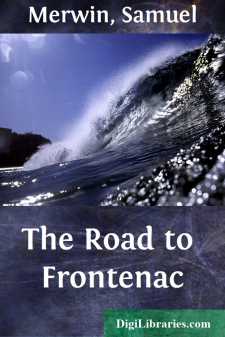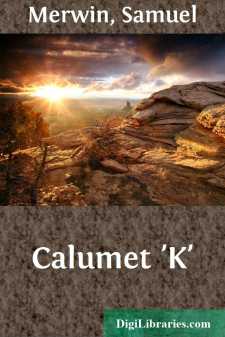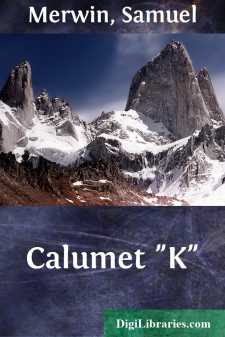Categories
- Antiques & Collectibles 13
- Architecture 36
- Art 48
- Bibles 22
- Biography & Autobiography 815
- Body, Mind & Spirit 144
- Business & Economics 28
- Children's Books 18
- Children's Fiction 14
- Computers 4
- Cooking 94
- Crafts & Hobbies 4
- Drama 346
- Education 58
- Family & Relationships 59
- Fiction 11835
- Games 19
- Gardening 17
- Health & Fitness 34
- History 1378
- House & Home 1
- Humor 147
- Juvenile Fiction 1873
- Juvenile Nonfiction 202
- Language Arts & Disciplines 89
- Law 16
- Literary Collections 686
- Literary Criticism 179
- Mathematics 13
- Medical 41
- Music 40
- Nature 180
- Non-Classifiable 1768
- Performing Arts 7
- Periodicals 1453
- Philosophy 65
- Photography 2
- Poetry 896
- Political Science 203
- Psychology 44
- Reference 154
- Religion 515
- Science 126
- Self-Help 85
- Social Science 83
- Sports & Recreation 34
- Study Aids 3
- Technology & Engineering 59
- Transportation 23
- Travel 463
- True Crime 29
Our website is made possible by displaying online advertisements to our visitors.
Please consider supporting us by disabling your ad blocker.
The Road to Frontenac
by: Samuel Merwin
Categories:
Description:
Excerpt
CHAPTER I
CAPTAIN MENARD HAS A LAZY DAY.
Captain Daniel Menard leaned against the parapet at the outer edge of the citadel balcony. The sun was high, the air clear and still. Beneath him, at the foot of the cliff, nestled the Lower Town, a strip of shops and houses, hemmed in by the palisades and the lower battery. The St. Lawrence flowed by, hardly stirred by the light breeze. Out in the channel, beyond the merchantmen, lay three ships of war, Le Fourgon, Le Profond, and La Perle, each with a cluster of supply boats at her side; and the stir and rattle of tackle and chain coming faintly over the water from Le Fourgon told that she would sail for France on the morrow, if God should choose to send the wind.
Looking almost straight down, Menard could see the long flight of steps that climbed from the settlement on the water front to the nobler city on the heights. Halfway down the steps was a double file of Indians, chained two and two, and guarded by a dozen regulars from his own company. He watched them until they reached the bottom and disappeared behind the row of buildings that ended on the wharf in Patron’s trading store. In a moment they reappeared, and marched across the wharf, toward the two boats from Le Fourgon that awaited them. Even from the height, Menard could see that the soldiers had a stiff task to control their prisoners. After one of the boats, laden deep, had shoved off, there was a struggle, and the crowd of idlers that had gathered scattered suddenly. Two Indians had broken away, and were running across the wharf, with a little knot of soldiers close on their heels. One of the soldiers, leaping forward, brought the stock of his musket down on the head of the nearer Indian. The fugitive went down, dragging with him his companion, who tugged desperately at the chain. A soldier drew his knife, and cut off the dead Indian’s arm close to the iron wristlet, breaking the bone with his foot. Then they led back the captive and tumbled him into the boat, with the hand of his comrade dangling at the end of the chain. The incident had excited the soldiers, and they kicked and pounded the prisoners. A crowd gathered about the body on the wharf, the bolder ones snatching at his beads and wampum belt.
Menard raised his eyes to the lands across the river and to the white cloud-puffs above. After months of camp and canoe, sleeping in snow and rain, and by day paddling, poling, and wading,––never a new face among the grumbling soldiers or the stolid prisoners,––after this, Quebec stood for luxury and the pleasant demoralization of good living. He liked the noise of passing feet, the hail of goodwill from door to door, the plodding shopkeepers and artisans, the comfortable priests in brown and gray.
The sound of oars brought his eyes again to the river. The two boats with their loads of redskins were passing the merchantmen that lay between the men-of-war and the city. On the wharf, awaiting a second trip, was a huddled group of prisoners. Menard’s face clouded as he watched them....




